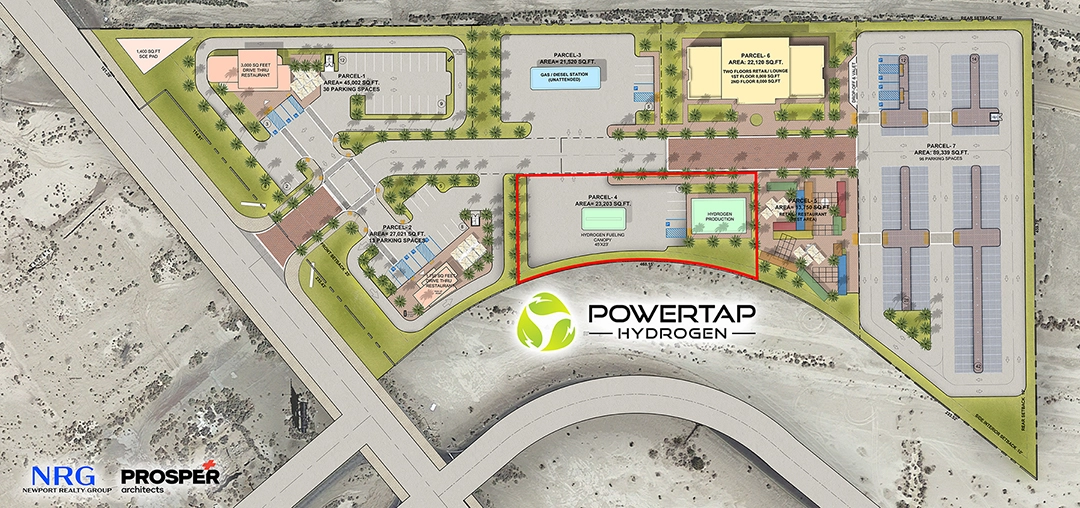If you’re looking to lease a commercial property, there are several crucial factors to consider before making any decisions. Whether you’re starting a new business, expanding an existing one, or relocating to a new area, it’s essential to do your research and ensure that the property you choose is suitable for your needs. In this article, we’ll explore some of the key considerations you should keep in mind before signing a commercial lease.

Allowed Uses
When considering a commercial property, it’s important to verify that your business is allowed by local zoning code. Different areas have different zoning requirements, so make sure that your business is permitted in the location you’re considering. Reach out to the local Planning Department or check the municipal code on the city or county website to get this information. Knowing the allowed uses will save you time and money in the long run, as it will prevent you from leasing a property that is not suitable for your business.
Parking Spaces
The number of parking spaces available is a critical consideration when leasing a commercial property. Check if the space has the required number of parking spaces according to local zoning code. If you don’t have the required number of parking spaces, you may have difficulties obtaining permits from the city. Adequate parking is essential for the success of many businesses, especially those that rely on foot traffic. Make sure the property you’re considering has sufficient parking to meet your needs.
Accessibility
Accessibility is an important consideration when leasing a commercial property. Ensure that the space is accessible by checking the local state code. The California Building Code, for example, requires a primary entrance to be accessible and a primary route to restrooms, water fountains, signs, or public telephones serving the space. Making sure that your property is compliant with accessibility regulations is not only the right thing to do, but it can also help you avoid legal issues down the line.

Utilities
Before signing the lease, it’s crucial to check the plumbing, gas, water, power, and HVAC system. Get a professional inspection to ensure that all utilities are functioning correctly and sufficient for your business. You don’t want to move into a property only to discover that there are significant problems with the utilities that will affect your operations. Make sure you understand what utilities are included in the lease and what you will be responsible for.
As-Built Documentation
It’s a good idea to get as-built drawings to understand existing building conditions. As-built drawings help the project team gain quick access to the correct information, which allows any professional, contractor, or sub-contractor the chance to get up to speed. This documentation can also help you plan for any necessary renovations or modifications to the property before you move in. It’s important to know the existing conditions of the property you’re leasing so that you can plan accordingly.
Building Code Requirements
Building code requirements for your new space may vary depending on the new use. Ensure that you are familiar with these requirements, such as separation walls with your adjacent tenant, fire sprinkler requirements, allowable area, and egress requirements. Make sure you understand the costs associated with any necessary changes. Building code requirements can vary by location, so make sure you are aware of the local regulations before signing the lease.
Verify Building Permits
It’s crucial to verify that the building records match the property’s current use and improvements. Ensure all modifications have proper permits approved by local authorities. Resolve any permit issues before signing the lease to avoid unforeseen costs and legal liabilities. You don’t want to be caught off guard by permit issues after you’ve signed the lease, so it’s important to verify that all necessary permits are in place before moving forward.
Professional Assistance
Finally, involve your trusted architect, real estate professional, and attorney to assist you throughout the leasing process. They can provide valuable insights and help you navigate any issues that may arise. A professional team can help you make informed decisions and ensure that you’re getting the best possible deal on your commercial property lease. Don’t hesitate to seek out professional assistance to make sure that you are making the best decisions
In conclusion, leasing a commercial property can be a complex and challenging process. However, with the right information and professional assistance, you can make the process smoother and less stressful. Remember to consider all the factors mentioned above before signing a lease, and don’t hesitate to seek help from experts in the field. Good luck with your search for the perfect commercial property!
Connect with us, feel free to ask us any question, we’d love to help.



